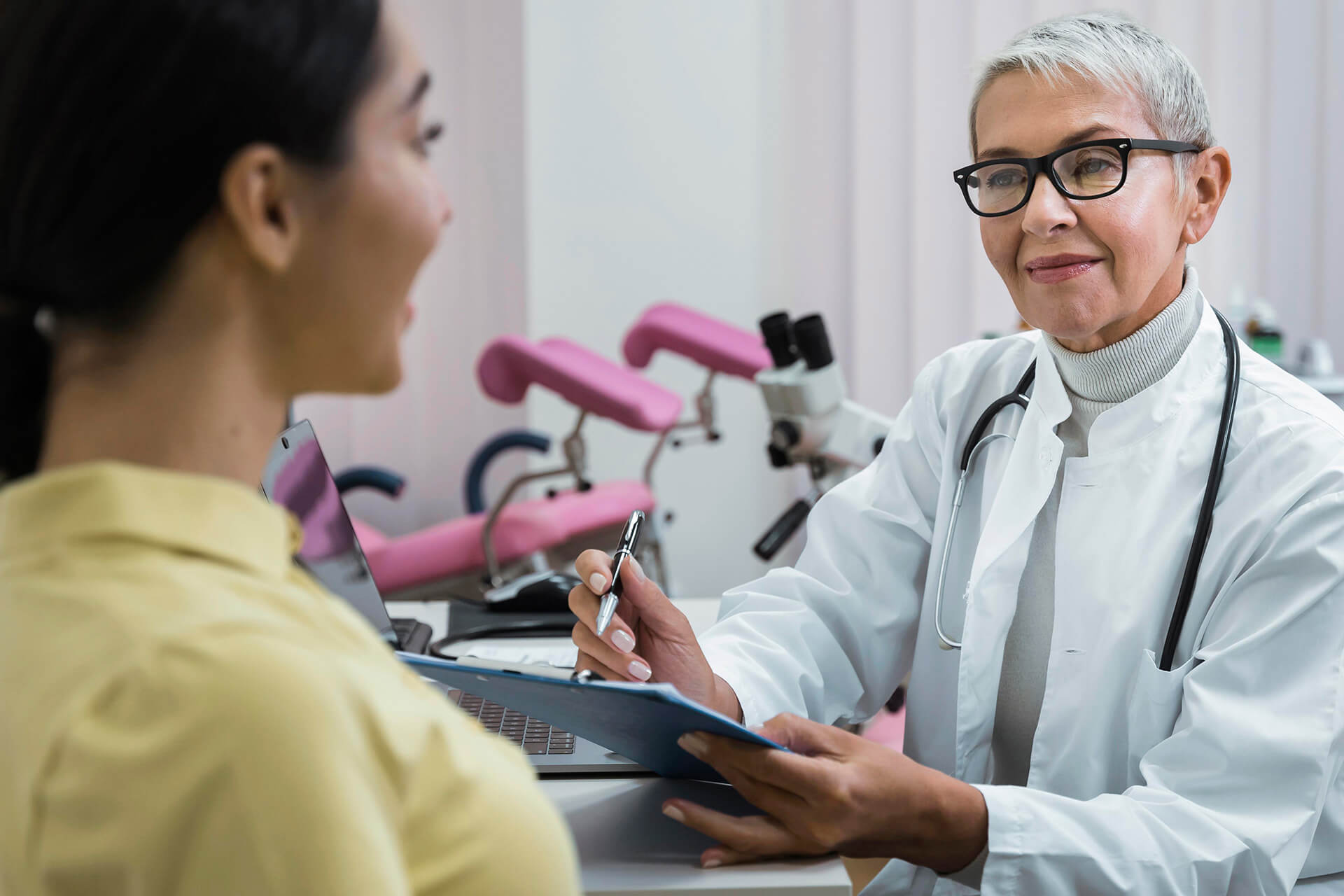Are you having abdominal pain or gastrointestinal (GI) issues? Endoscopic procedures can provide a minimally invasive way to analyze the gastrointestinal problems you might be facing. Gastrointestinal doctors conduct endoscopic services in an effort to visualize the various portions of the GI tract. Such options help minimize the need for more invasive procedures and long recovery times.
An endoscopy is a procedure used to assist with the diagnosis of diseases impacting the esophagus, abdomen, and stomach. Among the more commonly conducted endoscopic assessments is a colonoscopy, which is important in diagnosing and reducing the risk of colon cancer.
What are the main differences between an endoscopy vs. a colonoscopy, and how can these endoscopic processes help you? Read on to learn further details about these exams offered at GI Alliance locations across the nation. Our skilled team wants to ensure you get the care you need for better digestive health.
What are the primary differences between a colonoscopy and an endoscopy?
Although an endoscope (a long, narrow, and flexible tube fitted with a light and camera) is utilized to obtain high-quality images for both a colonoscopy and an endoscopy, there are a few substantial differences that separate these two procedures.
When the upper area of the GI tract must be evaluated, an upper endoscopy procedure might be performed. With this option, the endoscope device is positioned in your mouth and gently moved beyond the throat into your esophagus, stomach, and small bowel. In contrast, a colonoscopy is conducted when the lower area of the digestive system needs to be examined. With a colonoscopy procedure, the endoscope device is inserted into the rectum and advanced into the large intestine (colon).
Other differences include how you prepare for these exams. When preparing for a colonoscopy procedure, you’ll likely be advised to only consume clear liquids for 24 hours prior to your appointment. Information on how to clear your intestines of stool will also be provided and might include a cleansing solution or laxative. This allows for easy visualization of the intestines and rectum.
Preparing for an upper endoscopy exam is less intensive. You should avoid having any food and drink for about six hours before the exam and cease taking certain blood-thinning medications as recommended by your physician. If you’d like to learn more about the differences between an endoscopy vs. a colonoscopy, set up a visit with our GI Alliance team to have your questions answered.
How are endoscopies performed?
During an endoscopy, a slender, flexible tube (endoscope) is positioned into the mouth. It is then gently moved through the throat and esophagus and into the small intestine. When necessary, special equipment can be fastened to the endoscope to help address a variety of issues. Various tools can be utilized to extract tissue for biopsies, retrieve food that’s stuck in the upper digestive tract, or dilate a narrowed area.
The reasons for needing an endoscopy can vary. Should you notice symptoms that affect your health, our endoscopy specialists might advise having this type of procedure. It can help our team determine the treatment necessary for your digestive health needs. In many cases, an endoscopy exam can be a helpful tool to use if you experience any of the following:
- Persistent bowel changes (like constipation or diarrhea)
- Chronic heartburn or chest pain
- Unexplained abdominal discomfort
- Bloody stool
How does a colonoscopy work?
With a colonoscopy exam, an endoscope is carefully inserted into the rectum and advanced into the large intestine. This device sends video images to a monitor so the doctor can evaluate the large intestine. During this time, tissue biopsies can be extracted to determine if malignant cells have developed, and precancerous growths (polyps) can be excised.
It’s important to undergo a colonoscopy screening if your family has a history of colorectal cancer or if you are age 45 or older. A colonoscopy may also be advised if you have the following symptoms regularly:
- Anal bleeding
- Blood in the stool
- Change in bowel movements
- Ongoing fatigue
- Feeling bloated
- Cramps
- Thin or narrow stools
- Unintended weight loss
Find relief from GI problems with endoscopic procedures
Endoscopic options can allow your healthcare practitioner to detect and treat GI issues like blockages, tumors, unexplained abdominal discomfort, and other problems. When you schedule a visit at GI Alliance, skilled care for your digestive issues is within reach. We look forward to helping you get relief from gastrointestinal concerns and bowel disorders. Connect with our gastroenterology team today to request an appointment.


